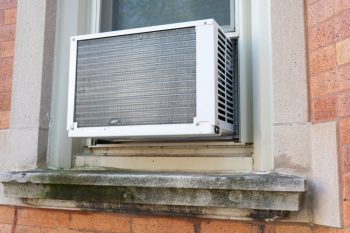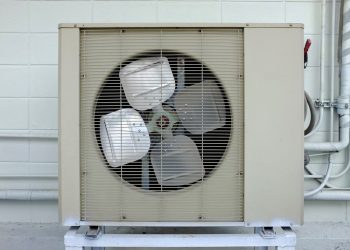
Milk is a staple in many households around the world. However, despite our best efforts to keep it fresh, we’ve all experienced that unpleasant surprise of finding our unopened milk spoiled in the refrigerator. But why does this happen? In this comprehensive guide, we will delve into the science behind milk spoilage, the factors that contribute to it, and how to prolong the shelf life of your milk.
Unopened milk spoils in the refrigerator primarily due to the growth and activity of bacteria. Even in cold temperatures, bacteria in milk can continue to multiply, leading to spoilage over time. Other factors contributing to spoilage include storage temperature, exposure to air and light, the expiration date, and the location of the milk in the refrigerator. Despite the container being unopened, these factors can still affect the quality and freshness of the milk.
The Science Behind Milk Spoilage
Milk spoilage is primarily due to the growth and activity of bacteria. Even though refrigeration slows down the growth of bacteria, it does not completely stop it. Bacteria present in milk, such as thermoduric lactic acid bacteria (LAB), can continue to multiply, leading to spoilage over time.
Factors That Contribute to Milk Spoilage
1. Bacteria Growth
Microorganisms, including bacteria, molds, and yeasts, are ubiquitous in the environment. Milk, with its rich nutrient content, provides an excellent medium for their growth. When milk spoils at the microbiological level, various microorganisms grow in it and cause spoilage. The mechanisms of dairy product spoilage typically involve the production of extracellular enzymes by microorganisms that break down components like proteins, lipids, and lactose. This leads to off-odors, off-flavors, and defects in the milk’s body, such as coagulation.
2. Storage Temperature
The temperature at which milk is stored plays a crucial role in determining its shelf life. Ideally, milk should be stored at a temperature of 37°F or below. If stored above 40°F, milk will begin to develop signs of spoilage, including sour odor, off-flavor, and curdled consistency.
3. Exposure to Air and Light
Although the milk container is unopened, exposure to air and light can still affect the quality of the milk. Air contains various microorganisms that can contribute to spoilage, while light can cause oxidation and affect the milk’s taste and nutritional value.
4. Expiration Date
It is essential to check the use-by or expiration date stamped on the container, even if the store date has not expired. Milk can spoil before the expiration date if not stored properly.
5. Refrigerator Location
Storing milk on the refrigerator door’s shelves exposes it to warm air each time the door is opened, which encourages bacterial growth and accelerates spoilage.
Prolonging the Shelf Life of Milk
Here are some tips to prolong the freshness of milk:
- Store milk at the back of a shelf in the lower portion of the fridge, where the coldest temperatures are.
- Avoid leaving milk out of the refrigerator for a prolonged period.
- Consider buying aseptic milk, which has a longer shelf life (30 to 90 days) when stored properly and unopened.
Misconceptions About Storing Milk
There are several misconceptions about storing milk, such as believing that milk will stay fresh until the expiration date, or that unopened milk can be stored indefinitely. It’s important to debunk these myths and understand the factors that genuinely affect milk’s freshness.
In conclusion, milk spoilage is a complex process influenced by numerous factors. By understanding these factors and properly storing milk, we can prevent premature spoilage and enjoy fresh, safe, and nutritious milk for longer.
Frequently Asked Questions
What are some signs that milk has spoiled?
Some signs that milk has spoiled include a sour odor, an off-flavor, and a curdled consistency. The milk may also become yellowish in color.
Can freezing milk extend its shelf life?
Yes, freezing milk can extend its shelf life. However, the texture and taste might be slightly altered when it’s thawed.
Is it safe to consume milk after the expiration date if it smells and tastes fine?
It’s generally not recommended to consume milk after the expiration date. While it might smell and taste fine, there could still be bacteria present that can cause foodborne illness.
Does the type of milk (whole, skim, 2%) affect how quickly it spoils?
The type of milk does not significantly affect the rate at which it spoils. The spoilage rate is more influenced by storage conditions and handling.
Can I prolong the shelf life of milk by boiling it?
Boiling milk can kill some bacteria, but it will not significantly prolong the shelf life of the milk. Once the milk cools, bacteria can quickly multiply again.












